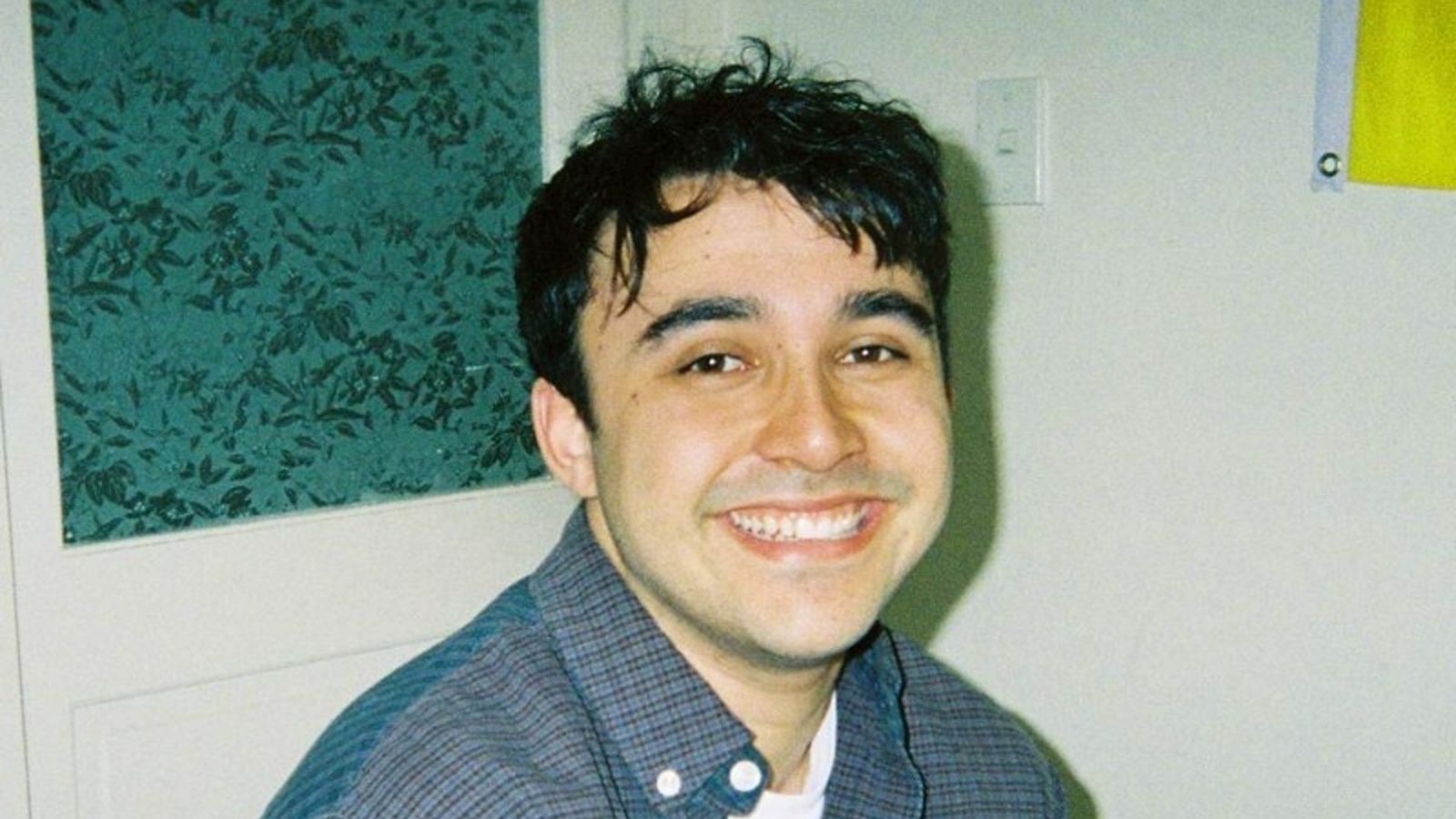Pacific Studies and Sāmoan Studies
Pacific Studies and Sāmoan Studies graduates understand how Pacific history, culture and language shape peoples and societies.
Students of Va'aomanū Pasifika, the programme comprising of majors in Pacific Studies and Sāmoan Studies/Matā'upu Tau Sāmoa, develop skills in creative thinking, critical analysis and interpretation, communication and performance. They study the people and issues shaping the Pacific and focus on various themes including history, politics, economics, language, literature, contemporary media, music, art, and relationship building with Pacific communities.
Roles and career pathways
Pacific Studies and Sāmoan Studies graduates may work as academic advisers, policy analysts and researchers, community workers and coordinators, communications advisors, project coordinators, training facilitators, business or service designers. Graduates with undergraduate degrees or seeking a first role may work initially in administration or coordination, or junior adviser or analyst roles.
For careers in policy and research some study at postgraduate level can be valuable. Complementary study in Commerce, Law or Social Sciences can help broaden your employment options. Sāmoan Studies graduates who complete a secondary school teaching qualification can become Sāmoan language teachers, or bring their language and translation skills into communications, tourism management or international relations and trade.
Where Pacific Studies and Sāmoan Studies graduates work
Pacific Studies and Sāmoan studies graduates may work for Government or not-for-profit organisations and in policy, health, and communications industries where their analytical, research and presentation skills are relevant. The communication skills so essential to business and policy development lead many Pacific Studies graduates into these areas. As New Zealand’s identity as a Pacific nation develops, graduates with Samoan language skills are increasingly sought in education, social services and in media and communications.
Pacific Studies and Sāmoan Studies graduates have worked in organisations such as:
- Ministry for Social Development
- Ministry of Business, Innovation and Employment (MBIE)
- Ministry of Education
- Victoria University of Wellington
- Spark
Build relevant skills and experience
Part-time work and volunteering during study all help to increase your job prospects when you graduate.
The Tupu Tai Pasifika public sector summer internship programme is an 11 week summer internship programme offered to Pasifika tertiary students interested in a policy career in the public sector. TupuToa is an internship programme that creates pathways for Māori and Pasifika students into careers in the corporate and professional sectors. Being part of the Pasifika Students’ Council, especially the Executive, is an excellent way to build networks as well as leadership and teamwork skills. The WFHSS Internship course run by the Wellington Faculty of Humanities and Social Sciences helps develop leadership skills and practical workplace experience. Programmes such as Wellington Plus, and Wellington International Leadership Programme (WILP) offer opportunities to gain diverse volunteer and leadership experience.
Make career connections
Making connections with individuals and groups such as Va’aomanū Pasifika programme alumni, cultural associations, and guest speakers in classes and seminars during your degree can help you learn more about career opportunities. While studying, you can also get involved in Pacific Language Weeks and other policy or engagement activities coordinated by the Ministry for Pacific Peoples. The Alumni as Mentors programme for final-year students also helps enhance your connections and employability while studying.
Graduate career stories

Emily Fatu
Pacific Studies helped Emily sharpen communication and presentation skills that now serve her well in mental health policy.

Conor Lui
Storytelling and critical thinking skills honed in Pacific Studies courses form the foundation of Conor’s work as a freelance filmmaker.

Emelihter Kihleng
Emelihter wields poetry, along with critical thinking skills gained in Pacific Studies, to contribute new ideas about Oceania to the global artistic landscape.

Fa’aaliga Leota
Fa’aaliga discovered community and developed career-ready communication skills while studying Pacific Studies and Samoan Studies.

Louis Hutchings
It was skills gained from working with other people as much as academic learning that prepared Louis for his work and postgraduate study.
